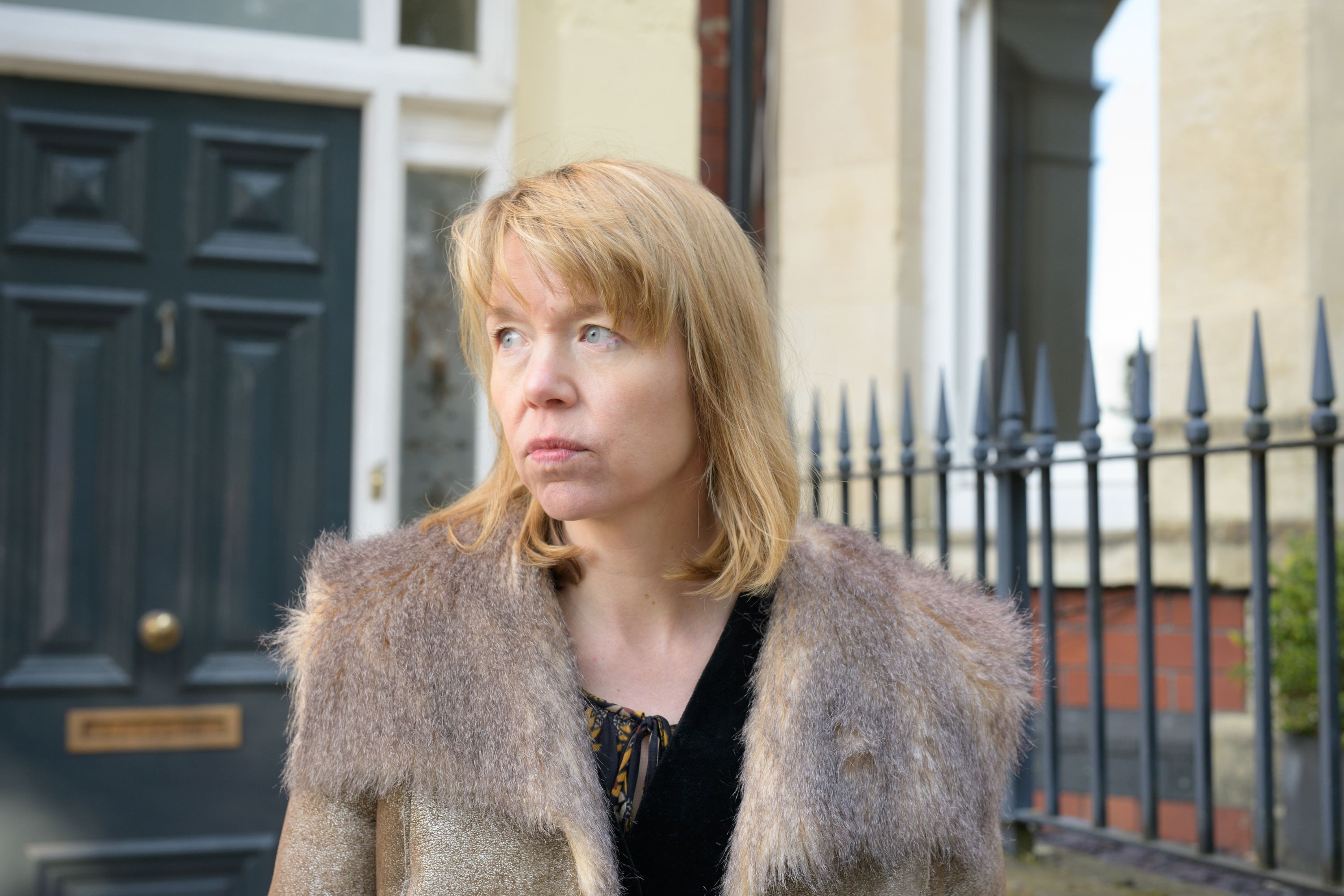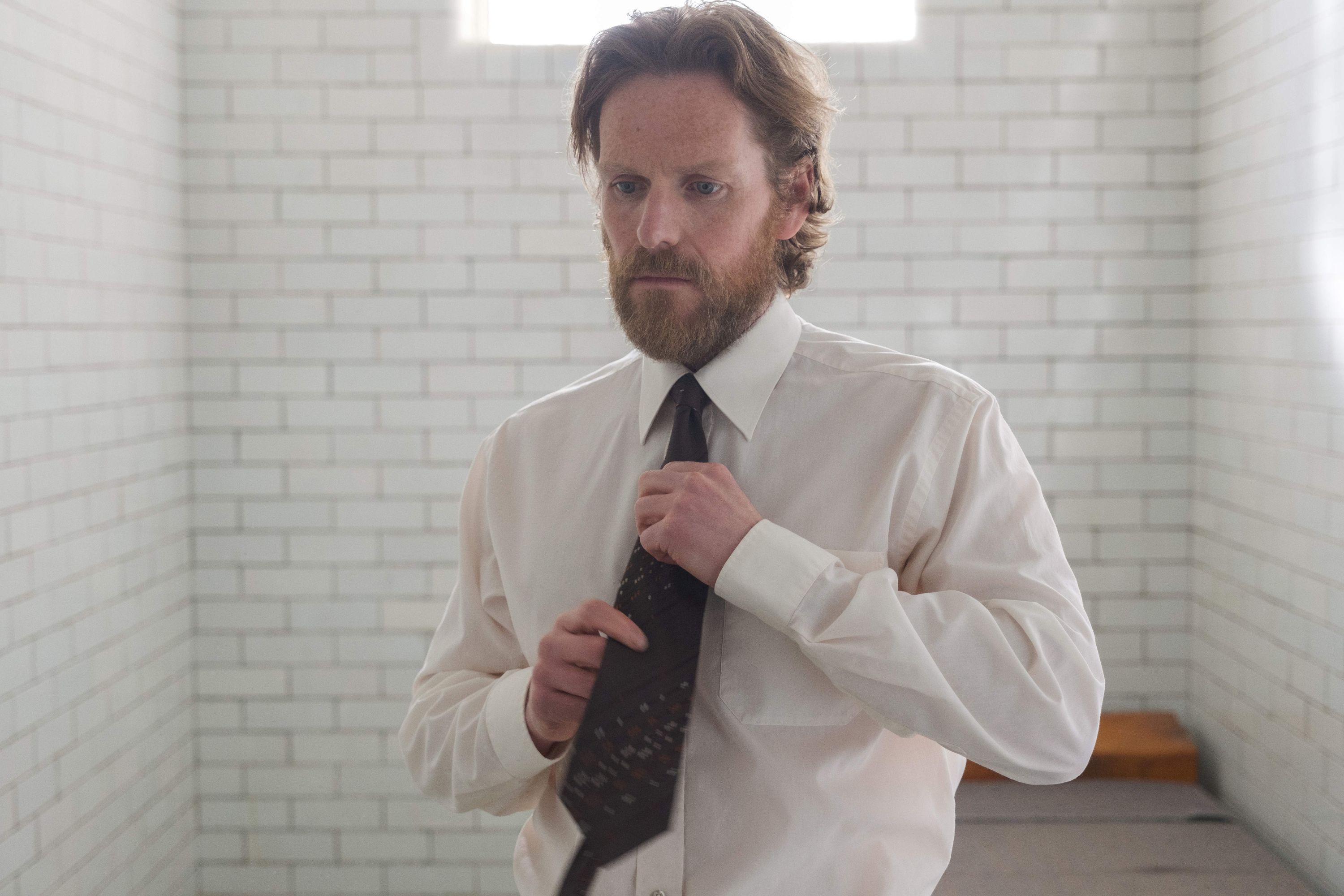
As well as the gripping drama unfolding in ITV drama Until I Kill You, the locations used for filming offset the action perfectly - but where can you find them in real life?
If you've been gripped by ITV four-part true crime series, Until I Kill You, you'll no doubt be amazed by the performances of Anna Maxwell Martin and Shaun Evans. As Delia Balmer, a woman who found out her boyfriend was a serial killer, Anna Maxwell Martin's portrayal of a spiky, almost unlikeable woman challenges viewers who are used to crime dramas featuring soft and sympathetic victims.
This refreshing take on the genre still sucks you in, leaving viewers on the edge of their seats until the final moments. If you've been wondering where the real Delia Balmer is now, and what happened to John Sweeney after his trial, you might also be asking where the show was filmed. Read on to find out the locations featured in Until I Kill You - some of which might surprise you.
Where is Until I Kill You filmed?
Despite being set in London, Until I Kill You was actually filmed in Swansea. All external scenes were shot in the city, while internal filming took place at Dragon's Studio, found just outside Cardiff.
According to Wales Online, filming took place near the Dylan Thomas House and the streets found in the Uplands area of the city - this area doubled for Delia's flat in Hampstead. The Strand area of the city stood in for Camden high street, and London buses and taxis were brought to the set for authenticity.
Those familiar with the area might also recognise Swansea bars Kon Tiki and No Sign Wine Bar, which also feature in the series. The court scenes depicting the trial taking place at the Old Bailey, were actually filmed at a Swansea function hall called Brangwyn Hall.
Speaking on the decision to film in Swansea instead of London, executive producer Simon Heath explained that cost implications were a factor, and also that London has changed so much since the time the real events unfolded there.
In a statement to ITV, he said, "The whole series is shot around Swansea. Partly this was a cost decision, but partly it’s based on the fact that North London (where Delia’s story took place) no longer resembles the North London of the 1990s, which I knew very well. The locations were extremely convincing, to the point here I couldn’t believe the location pictures weren’t actually taken in North London. It’s amazing how the architecture matches up and has the right period feel."
Anna Maxwell Martin knew that Delia Balmer's story took place in London, and assumed filming would take place in the capital - she was shocked to find out she'd have to temporarily relocate to Wales for filming. She told ITV, "I love the Welsh people and we had a lovely crew, but this is all set literally around the corner from my house, so when I got it I thought, 'Brilliant, this is easy with the kids' – we’re a single-parent family so I thought it would be great… and then they said we were going all the way to Swansea!"
However, it turns out the her children loved visiting her in Wales, as Anna went on to say, "But I was staying in the Mumbles and I had the kids down over Easter, which was heaven – we went swimming along the Gower Peninsula every day and it was gorgeous."

Until I Kill You: Cast
- Anna Maxwell Martin as Delia Balmer
- Shaun Evans as John Sweeney
- Kevin Doyle as David
- Amanda Wilkin as Leah
- Lucy Thackeray as WPC Jane Barker
- Laura Morgan as DC Christine Webb
- Stephanie Street as Janice Rainsworth
- Geoffrey Streatfeild as DI Steve Smith
- Steve Edge as DS Collins
- Matthew Aubrey as DC Flynn
- Clare Chapman as Eloise Chapman QC
Shaun Evans was asked about the character of Delia being 'unsympathetic' and how that might push audiences out of their comfort zone. He had a very interesting opinion on this, saying, "There’s nothing wrong with being unsympathetic. I think there’s a tendency often, when you’re in meetings about jobs and story meetings, people want every character to be as sympathetic as possible and often, people aren’t actually as sympathetic and they wear the wounds of the life that they have had and we shouldn’t shy away from that."
He added, "In terms of the question of why I think people will watch it, one of the draws perhaps could be it’s rare in a story like this that you focus on the victim – that was one of the big things for me in this job - that in no way are we glorifying anyone, but actually we are focusing on someone who went through this ordeal and how she tried to build her life again. The violence at the beginning of the tale shouldn’t be in any way fetishised, that’s not what the story is about its incidental in a way but it’s crucial to how she began to rebuild her life. For me, that’s what is interesting about the tale and I hope the audience will find the same."







